6 GPTs for Documentation Conversion Powered by AI for Free of 2025
AI GPTs for Documentation Conversion are advanced tools powered by Generative Pre-trained Transformers, designed to streamline and enhance the process of converting, creating, and managing documents. These AI-driven solutions leverage the latest in machine learning and natural language processing to understand, interpret, and transform textual content across various formats and languages. Their relevance lies in their ability to automate tedious documentation processes, ensuring accuracy, consistency, and efficiency, thereby freeing human resources for more strategic tasks.
Top 6 GPTs for Documentation Conversion are: Convert File Master,OpenAPI Action Builder,OpenAPI 3.1.0 Schema Assistant,API Doc to Postman Collection Converter,OpenAPI 스키마 도우미,Markdown Converter
Convert File Master
Transform Files Seamlessly with AI-Powered Precision
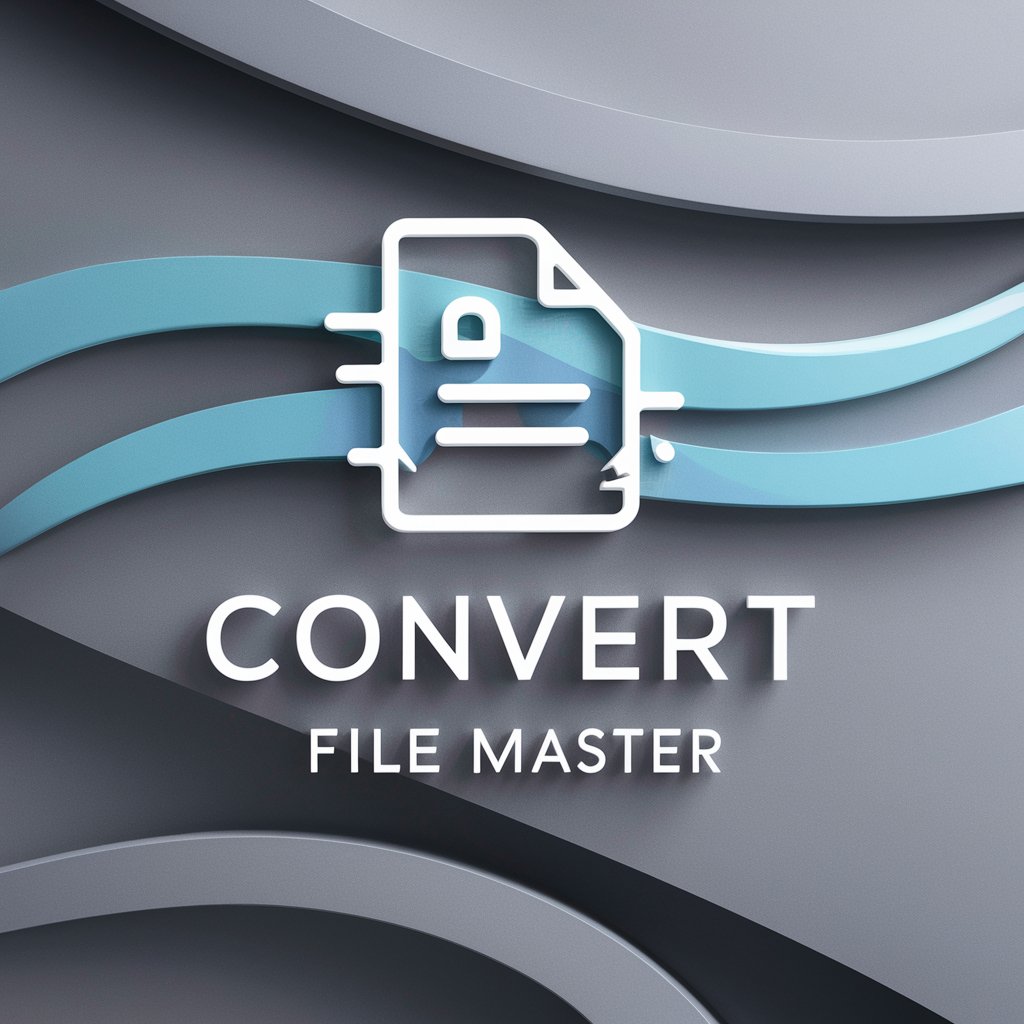
OpenAPI Action Builder
Simplifying API Integration with AI
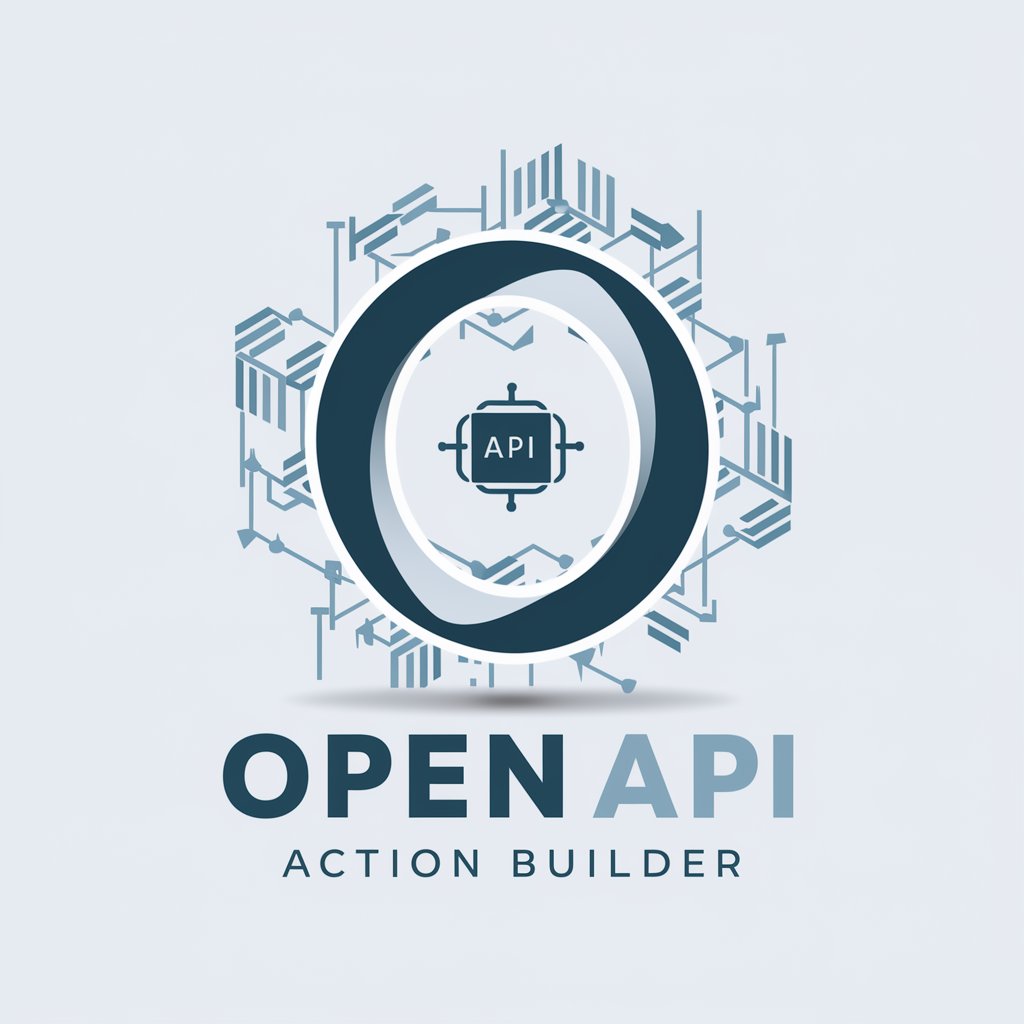
OpenAPI 3.1.0 Schema Assistant
Empowering API design with AI
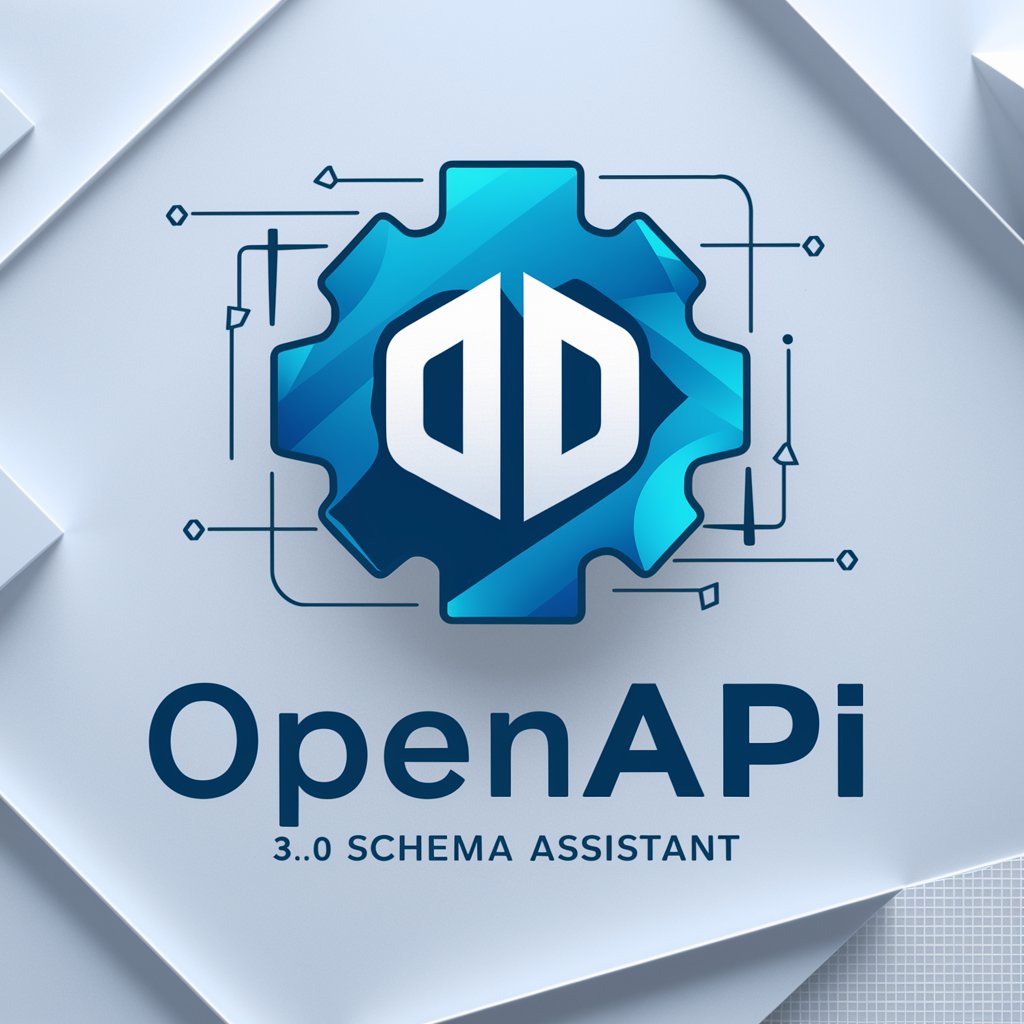
API Doc to Postman Collection Converter
Transform API docs into Postman collections with AI.
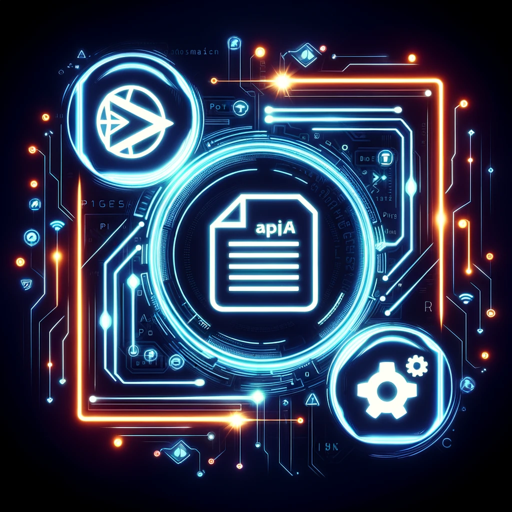
OpenAPI 스키마 도우미
Automating API Schema Creation with AI
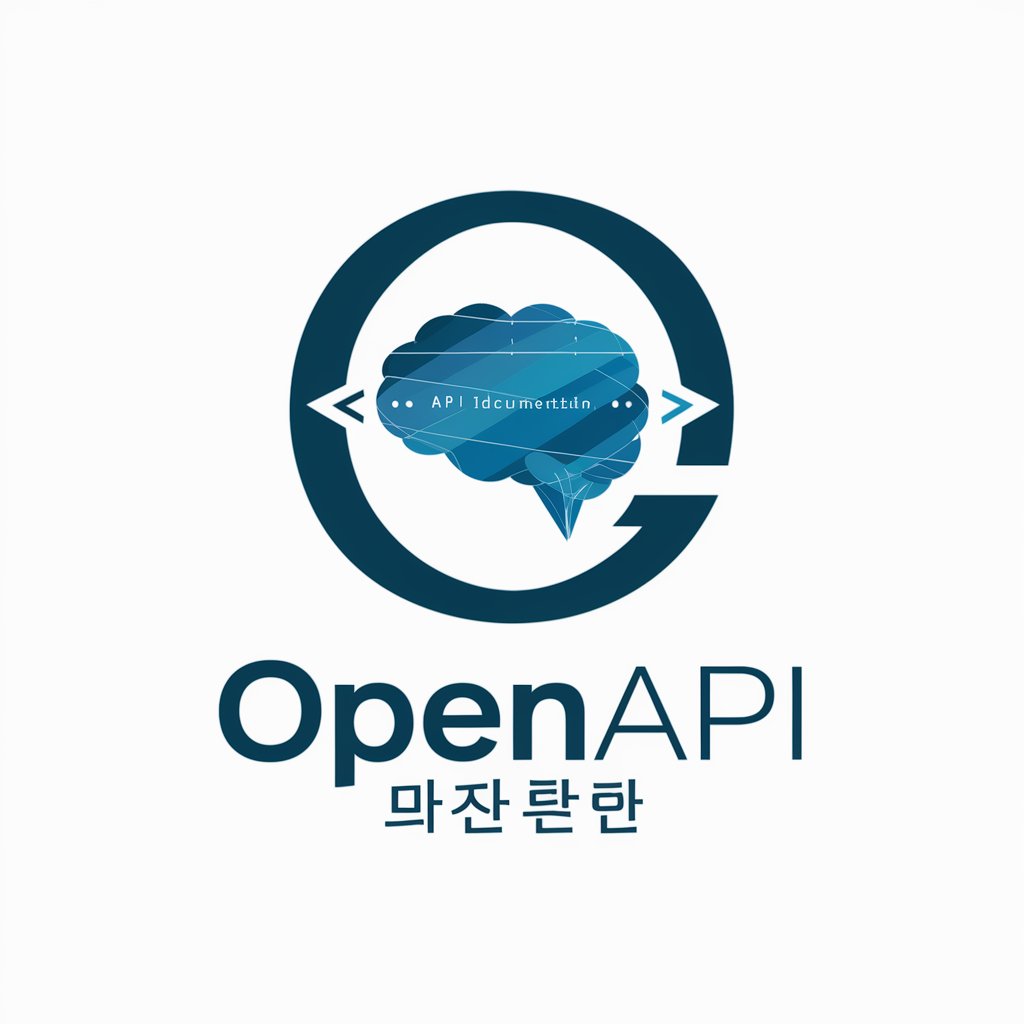
Markdown Converter
Streamlining Wiki Conversions with AI
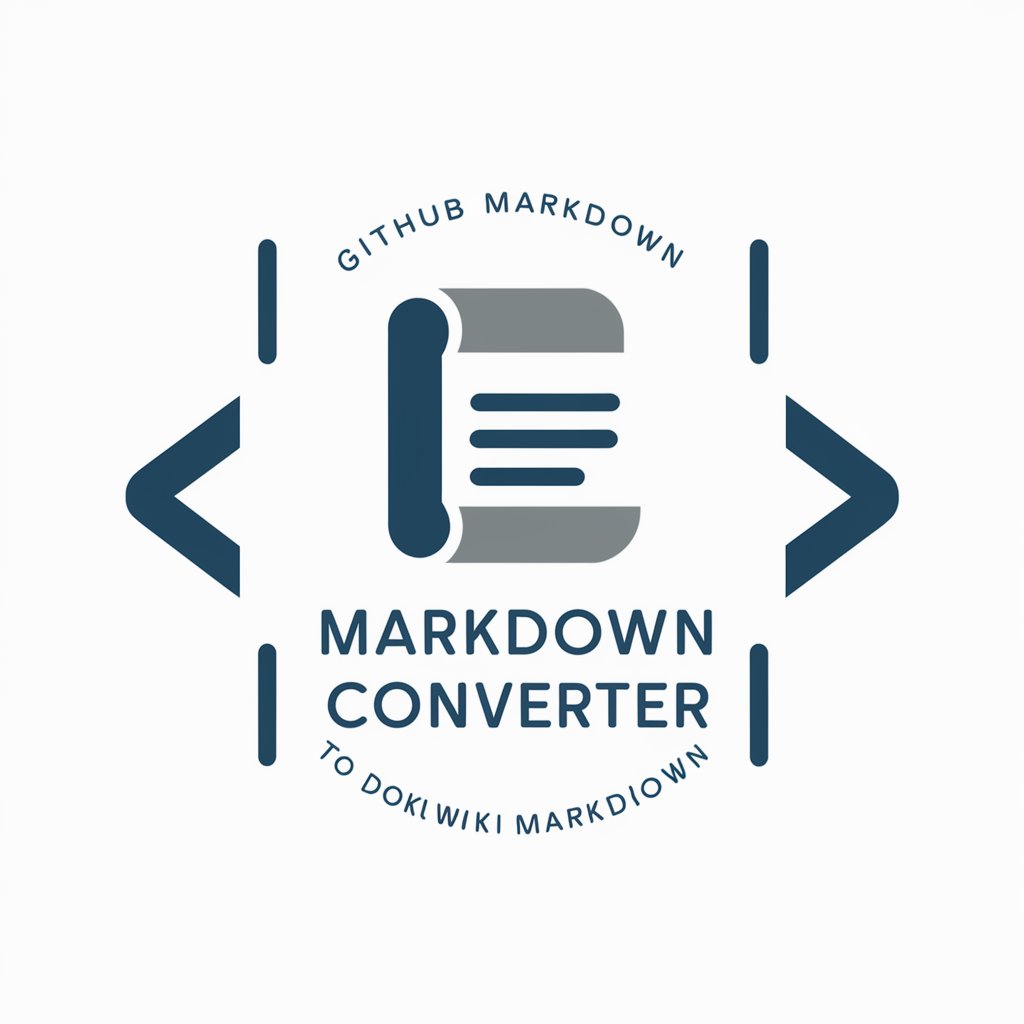
Key Attributes and Capabilities
AI GPTs for Documentation Conversion boast a range of unique features tailored to handling diverse documentation needs. They are capable of converting documents between different formats (e.g., PDF to Word), translating documents into multiple languages, generating summaries of lengthy documents, and creating content based on specific guidelines. These tools are adaptable for both simple and complex functions, featuring capabilities like semantic understanding for better context capture, support for technical terminologies, and integration with web search for enhanced information retrieval. Their advanced data analysis and image creation abilities further distinguish them in managing and enriching documentation.
Who Benefits from AI GPTs in Documentation
AI GPTs for Documentation Conversion are designed for a broad audience, including novices, developers, and professionals across various sectors requiring documentation management. They offer an intuitive interface for users without programming skills, while also providing extensive customization options for those with technical expertise. This accessibility ensures that anyone looking to streamline documentation processes, from students to corporate teams, can leverage these tools effectively.
Try Our other AI GPTs tools for Free
Disorder Insights
Explore how AI GPTs for Disorder Insights revolutionize healthcare with deep analytics and tailored solutions for managing and understanding disorders.
Environmental Allergies
Explore AI GPT tools tailored for Environmental Allergies, offering personalized management plans, real-time alerts, and cutting-edge insights for allergy sufferers and professionals.
Conditioning Tips
Discover personalized conditioning tips and strategies with AI GPT tools, designed to cater to your unique needs and goals. Enhance your performance with the latest in AI technology.
Therapist Directory
Discover how AI GPTs for Therapist Directory are revolutionizing the way therapists are found and managed, with personalized, efficient, and user-friendly tools.
Therapy Theories
Discover how AI GPTs for Therapy Theories are transforming the landscape of therapy practice, offering tailored solutions and insights for professionals and novices alike.
CME Resources
Discover how AI GPTs revolutionize Continuing Medical Education (CME), offering automated, personalized learning solutions to keep healthcare professionals at the forefront of medical knowledge.
Further Perspectives on AI GPTs
AI GPTs offer customized solutions across different sectors, simplifying complex documentation challenges. Their user-friendly interfaces and flexibility in integration make them a valuable addition to any digital workspace, enabling businesses and individuals to focus on core activities while relying on AI to handle documentation efficiently.
Frequently Asked Questions
What is AI GPT for Documentation Conversion?
It's a cutting-edge AI technology designed to automate and enhance the conversion, creation, and management of documents through natural language understanding and processing.
Who can use these AI GPT tools?
They are accessible to a wide range of users, from individuals with no coding skills to developers and professionals seeking efficient documentation solutions.
How do AI GPTs enhance documentation processes?
By automating conversions, generating summaries, translating languages, and ensuring content accuracy, these tools significantly improve efficiency and accuracy.
Can AI GPT tools handle technical documentation?
Yes, they are equipped with specialized capabilities to understand and process technical terminologies and concepts, making them suitable for technical documentation.
Are these tools customizable?
Absolutely, they offer a range of customization options to meet specific documentation needs, from simple format changes to complex content creation.
Do AI GPTs support multiple languages?
Yes, they can translate and manage documents in multiple languages, thanks to their advanced natural language processing capabilities.
How do these tools integrate with existing workflows?
AI GPTs for Documentation Conversion can seamlessly integrate with existing systems and workflows, enhancing productivity without disrupting current processes.
What makes AI GPTs different from traditional documentation tools?
Their ability to understand context, process natural language, and generate or convert documents with high accuracy sets them apart from traditional tools.